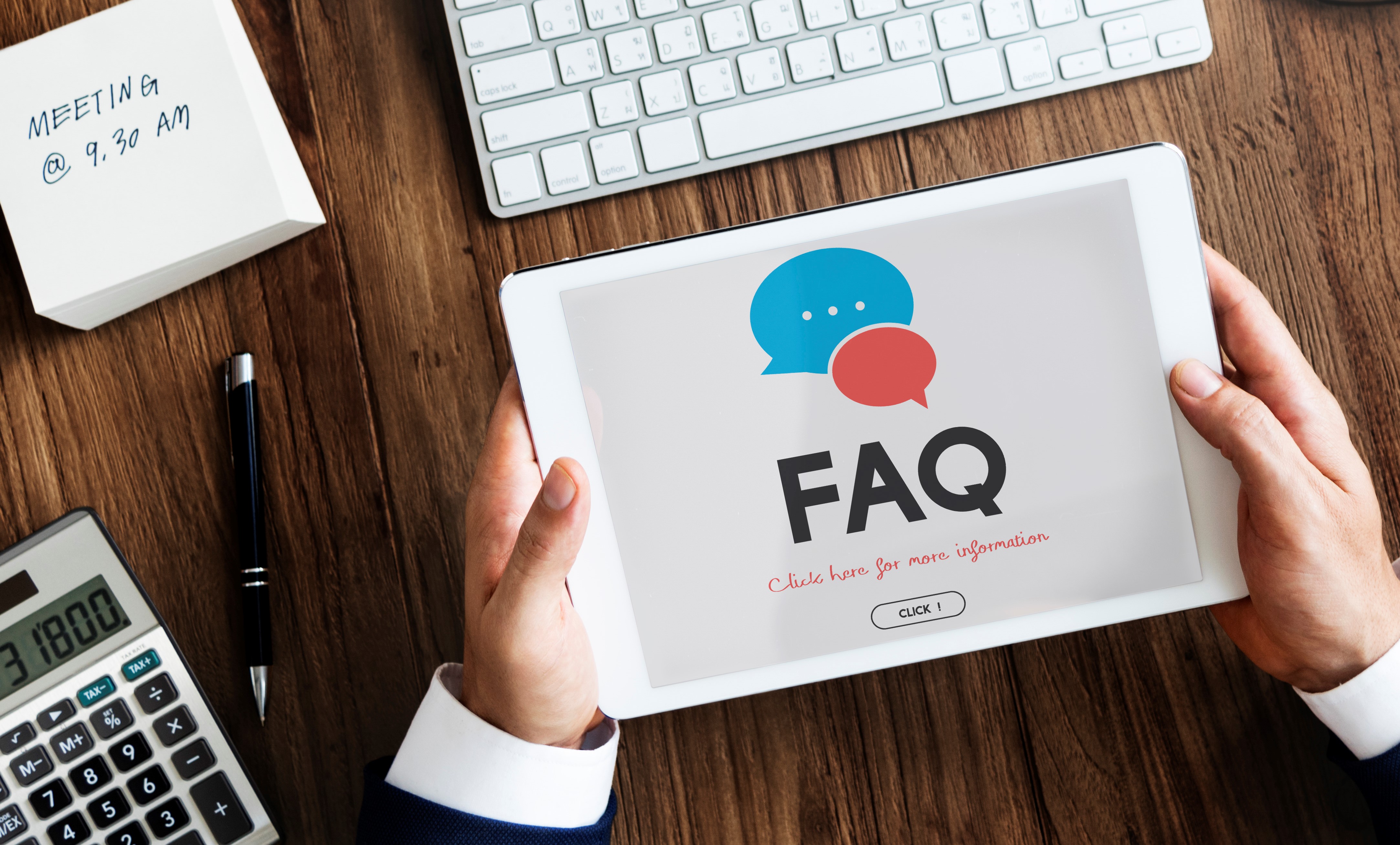Benefits Of Paying More Than Minimum On Your Credit Card

Image Credits: Freepik
What’s the best part about having a credit card? You don’t have to repay the outstanding balance all at once.
But how much longer can you delay paying off all of your debt?
Or, what is the lowest amount you can pay without hurting your Equifax credit score?
Moreover, is paying the minimum a good idea? Will it affect your long-term financial journey?
Argh, so many questions but no answer! Not anymore!
Paying more than the minimum is the solution! It offers endless benefits to stabilize your finances and credit profile.
Intriguing? Let’s read more.
Is It Better To Make Bigger Payments On Credit Cards?

Image Credits: Pexels
Yes!
The bigger payments you make before the balance closing, the more it will benefit your credit score.
- For instance, if you paid more than the lowest amount of your outstanding balance,
- The lender, credit card company, or bank will report the statement to the credit bureaus,
- As a result, the reporting agency will credit your financial profile.
So, that provides a higher chance of improving your Equifax credit score.
Note: However, all this can only benefit you if you pay more than the minimum on your credit card before the statement closes.
What Happens If You Max Out Your Card But Pay In Full?

Image Credits: Pexels
A credit limit is the maximum amount of money you can use on your credit card.
However, there’s a limit to the limit!
Of course, you have a range that you can use, but if you utilize all that money, your credit utilization will go up!
You don’t want that!
Here’s what happens when you go over the limit:
- You max out your credit card!
- Your credit utilization increases!
- Maxing out the credit card also comes with credit penalties!
- All of it can reduce your credit score!
Here’s a short video to make you understand what can happen if you exceed the limit:
But what if you exceed your credit limit but still manage to pay it in full (more than the minimum)?
However, if you pay the balance in full, you can skip the penalty APR that comes with the unpaid balance.
Still, you might have to deal with the max-out fee.
What Happens If You Only Pay Minimum On Your Card?

Image Credits: Pexels
Paying the absolute minimum is mandatory as otherwise, your unpaid account balance will skyrocket to the sky.
However, if you continue to follow the minimum payment, your good credit profile will become a long-lost dream.
- When you only pay the minimum on your card, your outstanding balance starts racking up,
- The interest on the unpaid balance also starts increasing as you continue to follow the ‘pay-minimum-use-maximum’ practice.
Hence, it also impacts your credit score, history, and goal of achieving financial security.
What’s the solution, then? Paying more than the minimum on your credit card!
But why, though? What are the benefits? Let us tell you!
Paying More On Your Card? 4 Benefits!

Image Credits: Pexels
It’s the end of the month; you got an email with your credit card statement; what’s next?
Pay the minimum? Pay more than the minimum? What to do? What to look at in your Equifax credit report?
Choosing the first option? Great! But it could be perfect! Yes!
Clearing your bills more than the minimum monthly can help you in endless ways:
1. A Way To Lower The Credit Utilization
As we explained earlier, your credit score and utilization are compromised when you reach the credit limit.
When you continuously pay more than the minimum on your credit card, your credit utilization won’t go up the recommended ratio.
If nothing, you should at least pay the money you used so that your debt rate stays low.
2. A Way To Keep Lenders Happy
When you pay the minimum on your card while you are using the maximum credit limit, it becomes a risk for your secured credit card provider.
Why?
- They believe you might not pay the owed amount,
- You won’t repay the debt,
- You are not capable of the mortgage repayments,
- Or, even worse, they have to bug you to clear the payments and pay the loans continuously.
In fact, if you make a habit of not paying your bills, they might even file a lawsuit or close your account.
Of course, that’s the worst-case scenario.
3. A Way To Save Money On Interest Rate
Paying minimum equals clearing the bills with the least effort. Hear us out!
The minimum amount on your card means your outstanding balance for the next month will be more.
The reason is that you’ll have to pay double as you need to clear the remaining balance of the previous month and the amount you used this month.
- Moreover, you’ll also have to pay increased interest rates after a certain amount.
- Not to mention the penalties you might have to pay for the missed or late payments.
Ah, so much extra money you’ll have to pay!
4. A Way To Build Credit
Lenders like consumers who practice good money habits.
So, eventually, if you pay more than the minimum, your credit score will also increase as your credit utilization is low.
Also, paying more will make your lenders think you know how to manage money effectively.
As a result, you’ll get a chance to build your credit profile.
How To Pay More Than Minimum On Your Card?

Image Credits: Pexels
We’ve been going on about the benefits of paying more than minimum for a hot minute now.
But how do you do it?
As you know, clearing the monthly bill in full is the best choice. But if you aren’t doing it that means you can’t afford it.
Don’t you worry! We got you!
1. Budget Your Bills
Creating a budget on a fixed income is not easy. But you gotta do what you got to do!
You should make financial plans for the money you have and the money you don’t have.
Yes, you have to budget your nonexistent money to make way for it to come. :p
- Create a 50-30-20 budgeting rule,
- Follow the envelope method,
- Or categorize your finances.
Include your bills, income, and everything related to money in the budget. Only then can you successfully budget your finances in your favor.
Pay your bills with the help of a budget planner:
2. Evaluate Your Finances
The second step in paying more than the minimum strategy is always evaluating your finances.
You need to review your financial progress to ensure you are on the right track.
Moreover, the evaluation will give you a realistic idea of what you have, what you need to save, and what you should set aside for the future.
3. Take The Maximum Approach
Don’t look at the minimum amount on your statement. Instead, think about what you can pay on your card without affecting your budget.
This way, you can be real yet not pressure yourself into paying the balance.
However, don’t fret too much about it.
Just pay whatever you can without breaking your bank. And surely, that might be more than the minimum!
4. Adjust The Payments
On the last route, you can always talk to your lender to make a plan that suits your finances and the payments.
They might offer you low interest for a certain period.
Tip: Try increasing your income so you can have extra money for the bills and yourself!
Bottom Line
The minimum payment on your credit card can help avoid the pressure of clearing every penny at once.
The primary reason you prefer a credit card over cash money as you can get access to the money you don’t have.
But, when you start paying more than the minimum, you can save more on interest! Moreover, your lender creates a strong image of your credit profile.
That’s the one thing you should look for because it’s vital to get an affordable loan, mortgage, and lending terms.
Want to know how to do that? Read the complete guide!


